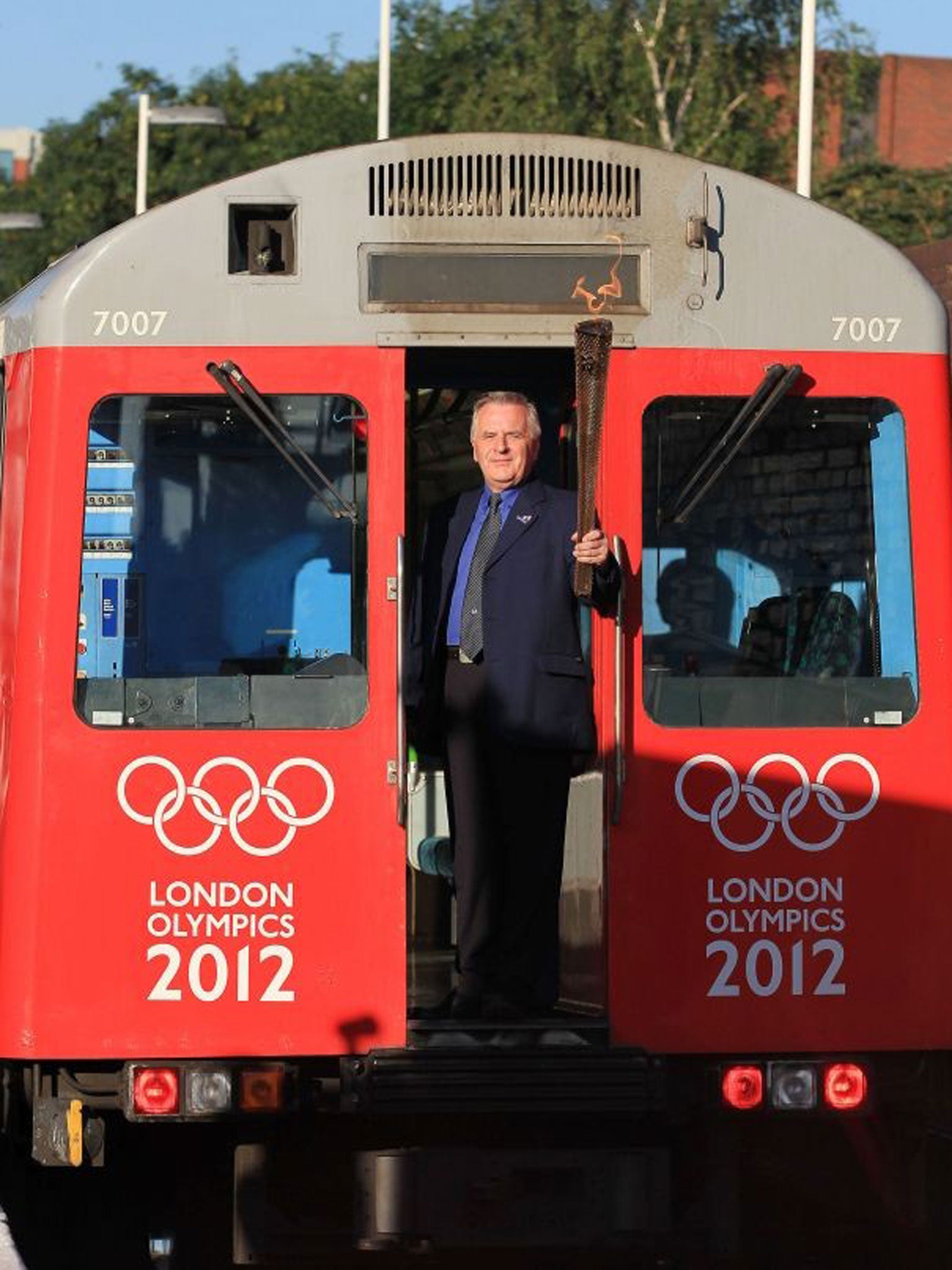Olympics legacy: Yes, there were fewer visitors. But the Games were better for tourism than anyone dared to hope
Last year wasn’t a brilliant one for the British tourist industry. Yet the future may be considerably brighter as a result. Simon Calder reports

The Olympics wrecks tourism – at least in the short term. As with Sydney (2000) and Athens (2004), London 2012 caused a sharp fall in holidaymakers coming to the UK.
A year ahead of the Games, big US tour operators were already advising their clients that they should not travel here in July and August: air fares and hotel rates would be sky-high and the capital would be in disarray because of a security lockdown.
The stay-away message was reinforced by Heathrow airport, which warned that it would see the three busiest days in its history, with every single seat on every single flight occupied. And to ensure that British visitors stayed away from the capital, recorded messages from London’s Mayor, Boris Johnson warned of the gridlock that anyone unwise enough to visit the city would experience during the Olympics.
As had been predicted by anyone who had studied the effects in Sydney and Athens, none of these dire forecasts came to pass. Those wise enough to book late found real bargains for hotel rooms, Heathrow was much quieter than in the average summer and the Tube was both blissfully empty and much more efficient than usual. Soon after the Opening Ceremony, enterprises in London were reporting a collapse in business. By the middle weekend, domestic tourists had cottoned on to the fact that the city was open for business, that the big museums were half empty, and hotels, shops and restaurants began to fill.
The effects were felt well beyond the capital, too: many prospective long-haul visitors postponed their trips rather than risk problems in transit through London.
Yet a year on, the failure of the authorities to recognise the prospective hazards have largely been forgotten. The number of inbound visitors for 2012, around 31 million, matched the score for the previous year – suggesting that prospective visitors who had deferred their trips had not waited for another year. That was a couple of million fewer than the last government had predicted in 2007, but better than many forecasts.
Sandie Dawe, chief executive of Visit Britain, had always insisted that the payback would take years: “First and foremost, it was about the showcase – and that absolutely delivered,” she now says. “People around the world saw the most fabulous images of London and Britain.”
“Getting Boris’s voice of the Tube was my greatest achievement for the mental health of the nation,” says Bernard Donoghue, director of the Association of Leading Visitor Attractions, representing the big-hitters of UK tourism from the British Museum to the Eden Project. He had lobbied intensively for the messages to be removed from the public address system. Overall, he concludes it was: “The biggest and best advert for Britain – and that’s going to have benefits for years to come.”
For every Barcelona, whose image was transformed by the 1992 Games, there is an Atlanta – which picked up the baton for 1996 but then promptly dropped it, with no significant tourism legacy. Across the travel industry, London is regarded as more of a success than anyone dared hope.
Subscribe to Independent Premium to bookmark this article
Want to bookmark your favourite articles and stories to read or reference later? Start your Independent Premium subscription today.

Join our commenting forum
Join thought-provoking conversations, follow other Independent readers and see their replies